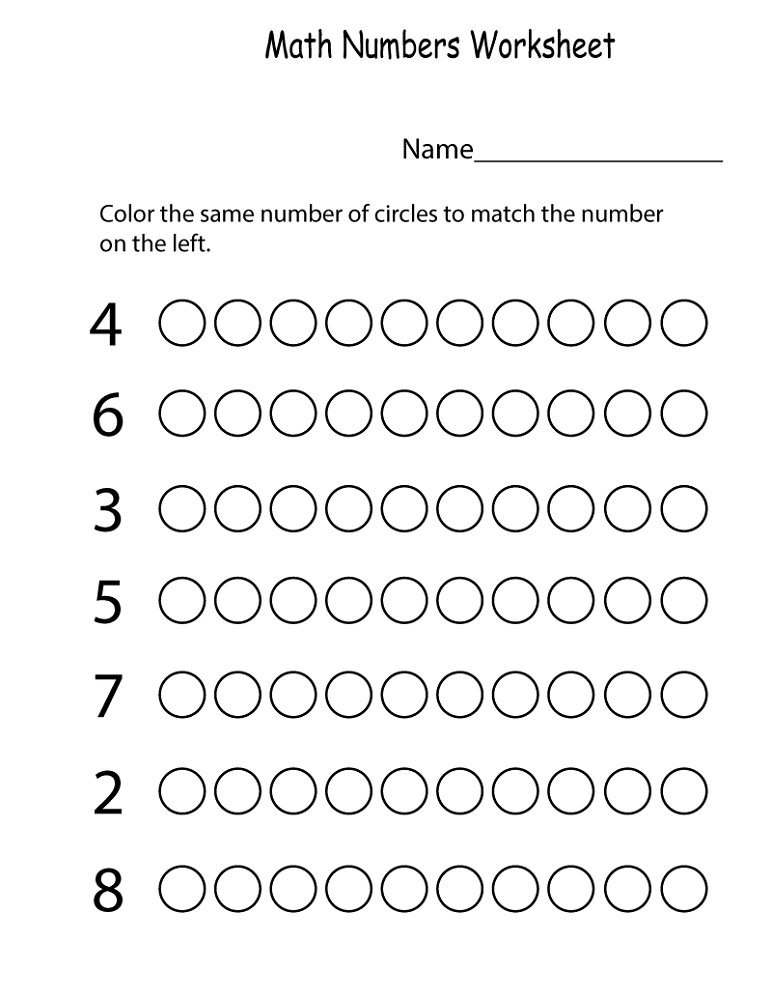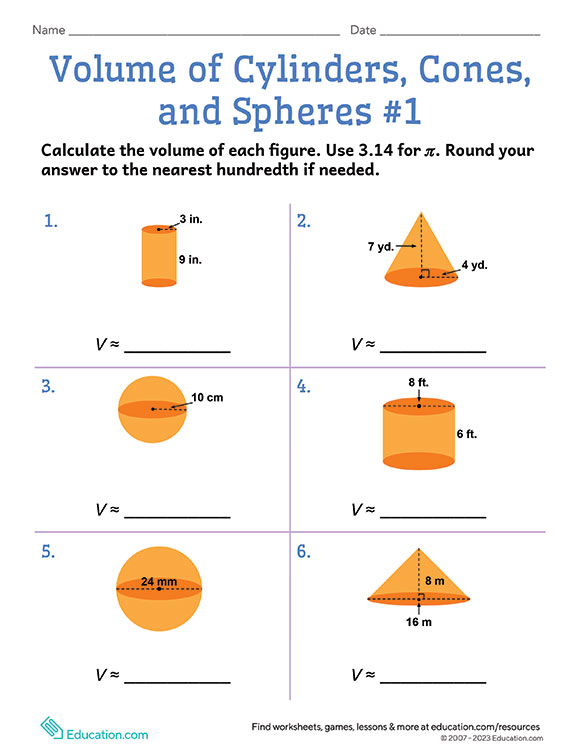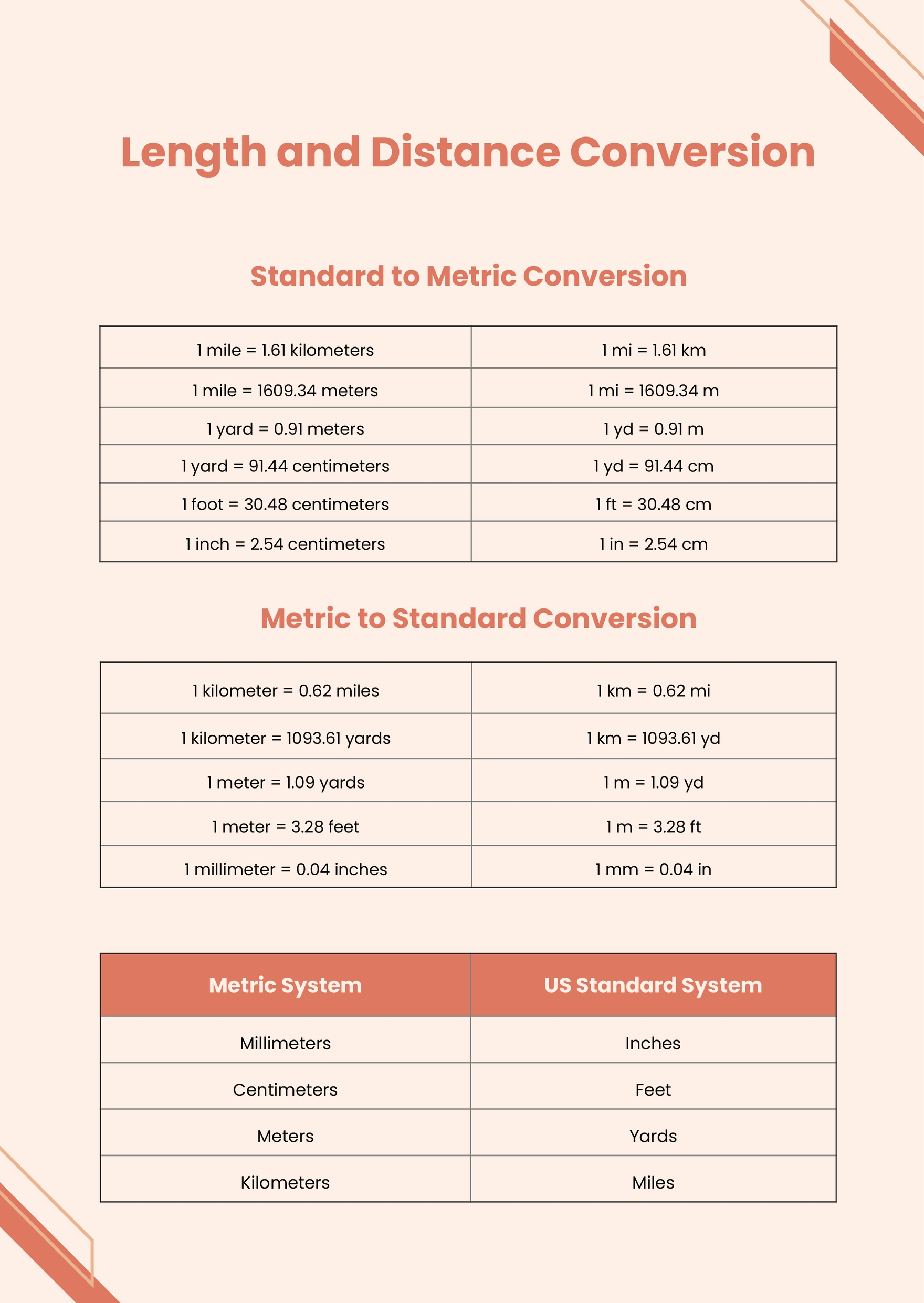Congressional Committees Worksheet Answers

Congressional Committees: Understanding their Role and Importance
The United States Congress is a bicameral legislature, consisting of the House of Representatives and the Senate. One of the key components of Congress is the committee system, which plays a vital role in the legislative process. In this article, we will delve into the world of congressional committees, exploring their functions, types, and significance.
What are Congressional Committees?
Congressional committees are groups of members from the House of Representatives and the Senate that are responsible for conducting investigations, gathering information, and considering legislation related to specific policy areas. These committees are formed to provide a more focused and in-depth examination of issues, allowing for more efficient and effective decision-making.
Types of Congressional Committees
There are several types of congressional committees, each with distinct responsibilities and functions.
- Standing Committees: These are permanent committees that are established by the rules of the House and Senate. They are responsible for conducting hearings, gathering information, and considering legislation related to specific policy areas.
- Select Committees: These are temporary committees established by the House or Senate to address specific issues or conduct investigations.
- Joint Committees: These are committees composed of members from both the House and Senate, established to address specific issues or conduct investigations that require cooperation between the two chambers.
- Conference Committees: These are committees composed of members from both the House and Senate, established to iron out differences between the two chambers’ versions of a bill.
Functions of Congressional Committees
Congressional committees perform several critical functions in the legislative process.
- Hearings and Investigations: Committees hold hearings to gather information, conduct investigations, and hear testimony from experts and witnesses.
- Mark-up Sessions: Committees review and debate legislation, making changes and amendments as needed.
- Bill Referral: Committees are responsible for referring bills to the full chamber for consideration.
- Oversight: Committees conduct oversight of the executive branch, ensuring that government agencies are operating efficiently and effectively.
Importance of Congressional Committees
Congressional committees play a vital role in the legislative process.
- Specialization: Committees allow members to specialize in specific policy areas, developing expertise and a deeper understanding of the issues.
- Efficient Decision-Making: Committees enable more efficient decision-making by allowing members to focus on specific issues and legislation.
- Representing Constituents: Committees provide members with the opportunity to represent their constituents’ interests and concerns.
Examples of Congressional Committees
Some notable examples of congressional committees include:
- House Committee on Ways and Means: Responsible for taxation and revenue-related legislation.
- Senate Committee on Foreign Relations: Responsible for foreign policy and international relations-related legislation.
- House Committee on Oversight and Reform: Responsible for conducting oversight of the executive branch and investigating government agencies.
Conclusion
In conclusion, congressional committees are a crucial component of the legislative process, providing a framework for members to specialize in specific policy areas, conduct investigations, and consider legislation. Understanding the role and importance of congressional committees is essential for anyone interested in the inner workings of Congress.
📝 Note: The committee system is not perfect and has faced criticism for being slow and inefficient. However, it remains a vital part of the legislative process, allowing for more focused and in-depth examination of issues.
What is the main function of congressional committees?
+The main function of congressional committees is to conduct hearings, gather information, and consider legislation related to specific policy areas.
What are the different types of congressional committees?
+There are several types of congressional committees, including standing committees, select committees, joint committees, and conference committees.
Why are congressional committees important?
+Congressional committees are important because they allow members to specialize in specific policy areas, conduct investigations, and consider legislation, ultimately enabling more efficient decision-making.



